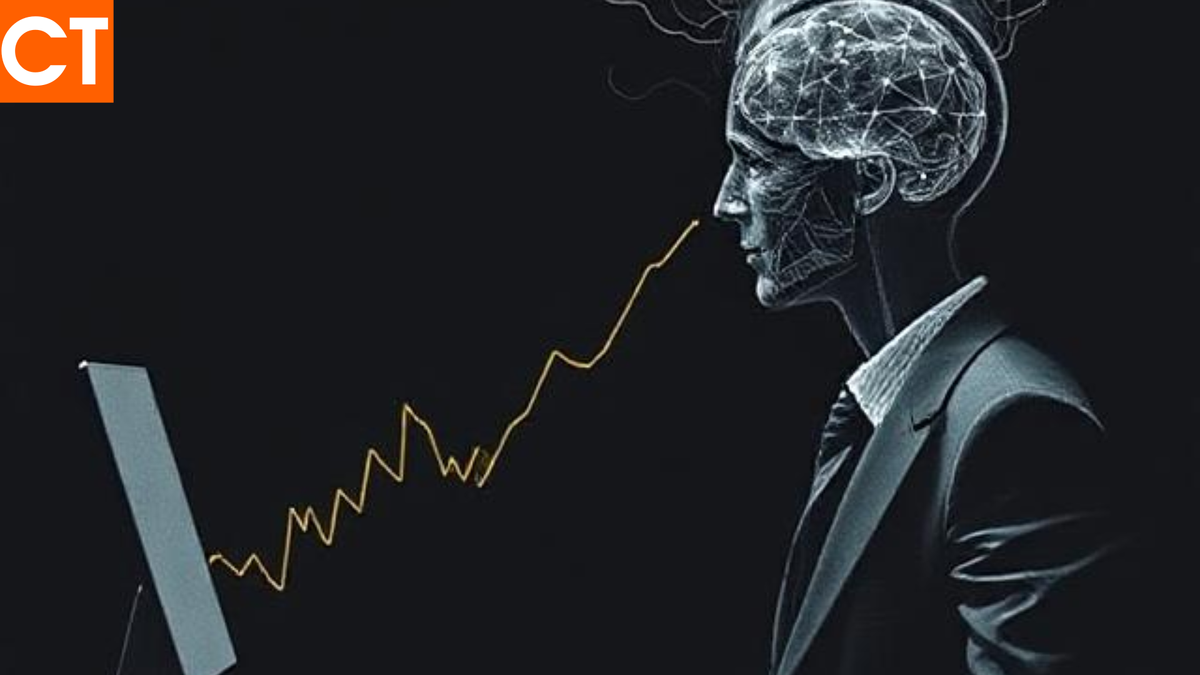The Lie of "Trading Psychology" — And Why It’s Still the Key

No hype, no fluff. Let’s talk about something traders love to repeat but rarely understand:
“Trading is 90% psychology.”
Sounds wise, right? Like some deep guru mantra. But here's the truth:
If psychology is so important, why do most traders still lose money even after reading 10 mindset books and watching every YouTube video about emotions and discipline?
Because there’s a lie buried in that truth.
Let’s unpack it.
First, Let’s Kill the Fluff: Trading is a Game of Execution
People think they have a psychology problem, but what they really have is an execution problem.
They’re not following the plan.
- They cut winners too early.
- They let losers run.
- They revenge trade.
- They hesitate on perfect setups.
Why? Because deep down, they’re human.
But guess what? Winning in trading isn’t about being more human. It’s about being less human.
It’s about being a machine.
Trade Like a Machine, Not a Human
Imagine a robot that trades your exact strategy.
- It doesn’t flinch when the market moves against it.
- It doesn’t get excited when it hits a profit target.
- It doesn't second-guess itself when a trade is setting up.
It just follows the rules.
That robot would instantly outperform 90% of traders — not because it’s smarter, but because it’s emotionless. It doesn’t panic, get greedy, or overthink. It executes.
So when people say “trading psychology is key,” they often miss the deeper truth:
The goal of trading psychology is to eliminate psychology.
Let that sink in.
Here’s Where the Lie Happens
Most traders think "working on psychology" means:
- Journaling your feelings.
- Meditating to stay calm.
- Reading “Trading in the Zone” five times.
Sure, those things help — but they’re surface level if you don’t change your system at the core.
Real trading psychology is about design.
- Systems that remove decisions.
- Risk rules that limit emotion.
- Routines that eliminate overthinking.
It’s not just about “staying calm” — it’s about removing the situations that make you emotional in the first place. PS: Yoga session wont be enough to make you a better trader.
The Village of Traders
Let me give you a story — imagine a small digital village where 100 traders live.
They all have the same strategy. Same tools. Same setups.
But one trader builds a system with alerts, automates entries, sets auto stop-losses and exits, and trades only 2 times a day — win or lose.
Everyone else “wings it” based on feel and vibes.
6 months later? That one trader is the only one profitable.
Why? He didn’t master emotions. He made emotions irrelevant.
That’s trading psychology.
So Is Psychology a Lie? Or the Truth?
Here’s the twist: Psychology really is everything.
But not in the way it’s sold.
It’s not about “believing in yourself.”
It’s not about “being fearless.”
It’s about building a machine — inside you, and around you — that executes perfectly despite how you feel.
That’s the kind of psychology that wins.
Conclusion: Build the Robot. Be the Robot.
You don’t need to be emotionless.
You need a process that protects you from your emotions.
Every trigger you remove, every rule you automate, every decision you make before the trade — that’s psychology.
So yes, psychology is the key. But not because you’re mastering your mind.
Because you’re designing your environment so your mind doesn't get in the way.
That’s how traders win.
Not by becoming superhuman — but by becoming slightly more like a machine.
